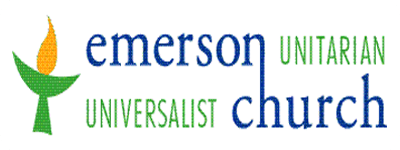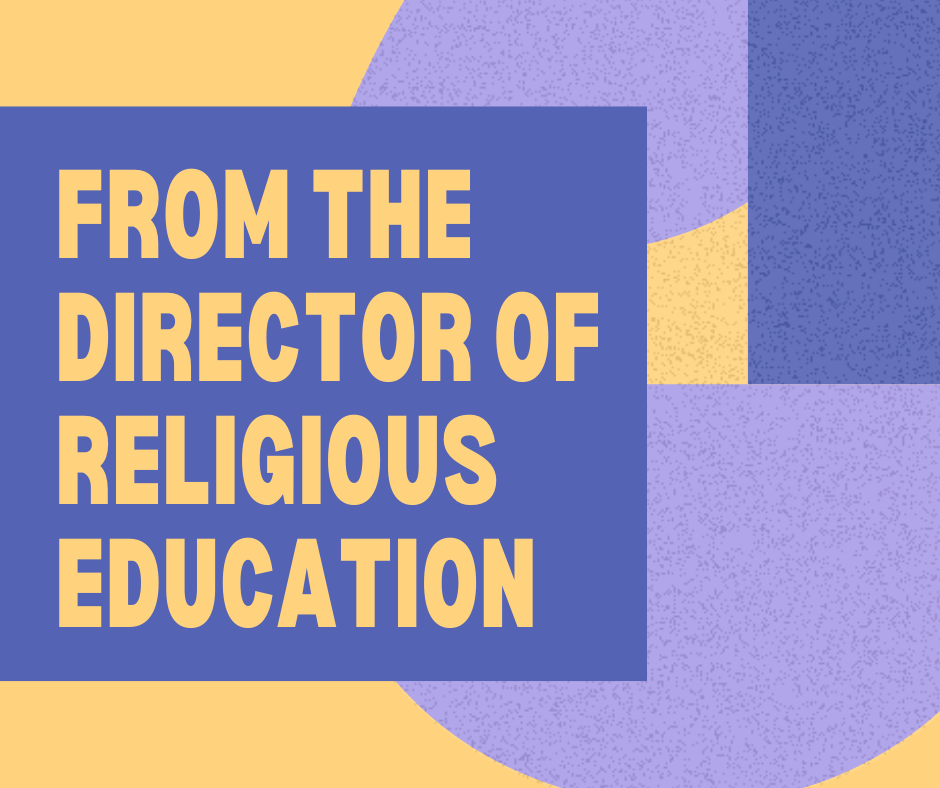by Alisha Loftin Did you know that Houston has one of the largest immigrant populations in our country? About 22% of Houston residents were born in another country. According to the Daily Beast, Houston ranks ninth on the list of cities with the highest number of immigrants, following cities such as Phoenix, Los Angeles, and New York City. While Houston has traditionally been home to a large number of Latin American immigrants, the city also has some of the largest Indian and Pakistani populations and the largest Nigerian community in the country. Deborah Landis, Beth Ortuño, and I have created a new Social Action Task Force, the Unitarian Universalist Network Outreach (UUNO). The intent of UUNO is not only to offer classes in English, a key component of upward mobility in the United States, but also to identify other needs within the immigrant community through which Emersonians and other Houston UUs can provide outreach and assistance. In the process we can share our care and compassion to members of the larger Houston community and build personal relationships with people. As our English as a Second Language (ESL) classes continue, we hope students will identify other needs in their communities for which we can provide resources and educational opportunities to help them help themselves. We also hope to build relationships with people of other races and economic classes in our community who may ultimately become members of our church or of other Unitarian Universalist churches. Either way it’s a win-win-win situation. We spread the “gospel” of UUism, we fulfill our social action mission and key principles, and we promote the EUUC name in Houston. Immigrants are a particularly vulnerable population. Many are in a new environment grappling with a new culture and a language they don’t understand. Learning to speak and write English helps immigrants to survive. Numerous intelligent, talented new residents have levels of English that limit their ability to be more engaged in their children’s education or to navigate complex systems such as WIC (Women, Infants and Children) or health care. Imagine paying a translator to fill out a reduced-lunch form for you, or relying on your twelve-year old to translate for you at the gynecologist’s office. Or informing you that you have cancer. Lack of English skills also compromises immigrants’ abilities to propel themselves and their children out of poverty. Without such skill, immigrants are restricted to low-status, low-income jobs with little or no possibility of advancement. They work as janitors or maids, in construction, or they work in food preparation and processing. According to the Center for Immigrant Studies, more than half of farm workers are immigrants; nearly 25% of people who work in restaurants are, too. As you know, if you took advantage of the Behind the Kitchen Door series, these workers are vulnerable to abuse, and are rarely able to pursue better career opportunities. Moreover, non-English speakers cannot be naturalized as U.S. citizens. Speaking English is a prerequisite for legal residents who want to apply for naturalization. In addition to the test on American civics, immigration officers assess a person’s level of English proficiency; if it isn’t sufficient, that person fails the naturalization test. This means that some 11 million people need to learn or to improve their English and show some proof of that. Reaching out to communities with limited English is one way we as Emersonians can fulfill our mission to “build a better world.” Work within these communities can also honor Unitarian Universalism’s first, second and sixth principals, which guide us to protect the inherent worth and dignity of every person, work for justice, equity and compassion and liberty for all. Here’s the basic plan: Adult ESL classes will take place in Westwood Hall’s upstairs classroom on Saturday afternoons at 2:00 PM. The first quarter will consist of ten classes beginning on September 6th, 2014 and continue over nine more Saturday afternoons. The last class will be November 8, 2014. We will continue the curriculum in the spring and possibly add a second class, which would begin at the basic curriculum level. However, the course is designed so that students can, to some extent, “drop in” as their schedules allow. What we need now are people.
- 5-7 Instructors. The ONLY requirements for instructors are that they speak English, are willing to speak slowly and pantomime a lot. The teacher’s edition of the textbook is very accessible and straightforward, even to those with limited teaching or ESL experience. Teachers should plan five to seven volunteer hours per week for class prep (e.g., reading the Lesson Objectives and Presentation, making copies as necessary) and class time.
- 20-25 Conversation Partners/Class Assistants. Assistants will help students divide into groups during class and lead them through conversational exercises, at the instructor’s discretion. They will also circulate among the students to tutor as necessary during the time set aside for workbook instruction and to perceive outreach opportunities. The only requirement for Assistants is friendliness and pantomime skills. Assistants should plan for three volunteer hours per week.
- 5-10 Greeters/Registrars. Greeters may be responsible for gathering students at the bus stop or church entrance and guiding them to Westwood Hall, helping them register/sign in (name and phone number on a registration list) and preparing food for the snack period. Greeters may also circulate among the students to tutor as necessary during the time set aside for workbook instruction, and to perceive outreach opportunities. The only requirement for greeters is friendliness. Greeters should plan for three volunteer hours per week.
- We also need students. Who do you know that could benefit? Your housekeeper? The waiter at your favorite restaurant? The clerk at the dry cleaner? Pick up a flyer and a map with the route from their house to Emerson to give them. Or volunteer to give them a ride one Saturday.





